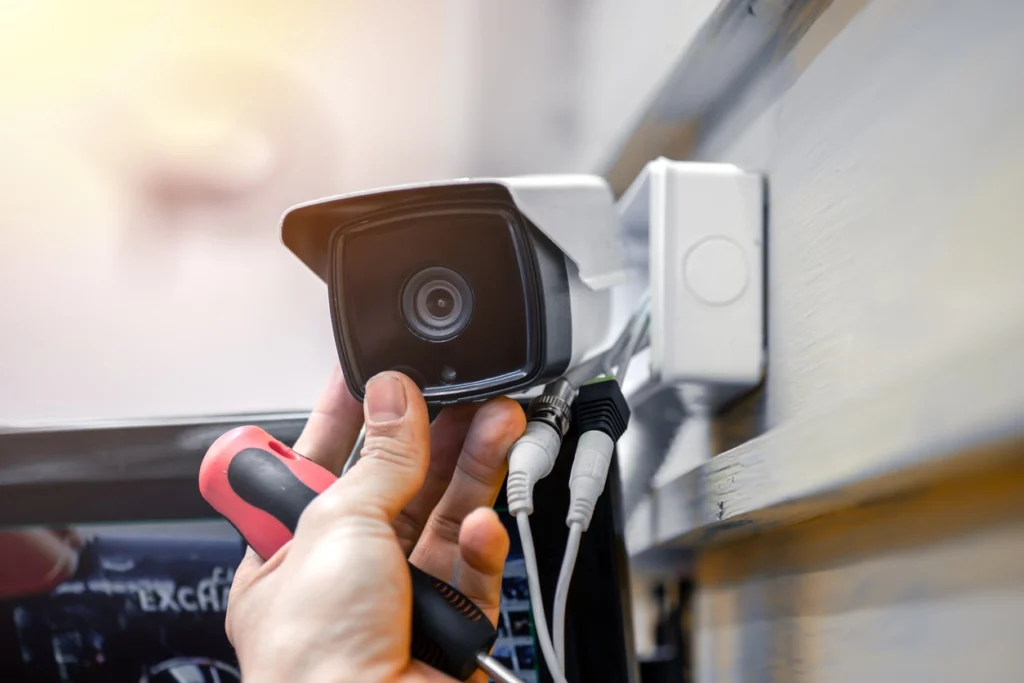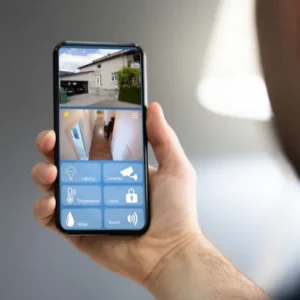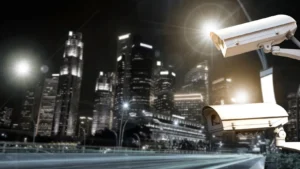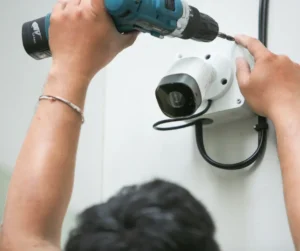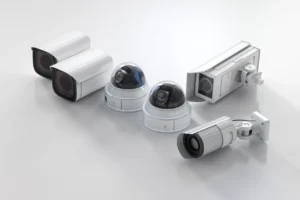Security cameras play a vital role in safeguarding your property, whether it’s your home or business. If you’re searching for “Security Camera Installation in Dallas, TX,” Security Cameras Dallas offers expert services designed to meet your needs. We provide top-quality, reliable security camera installation that enhances your property’s safety and gives you peace of mind.
Why Install Security Cameras?
1. Enhance Security and Peace of Mind
Security cameras significantly boost your property’s security by deterring potential intruders. Knowing you can monitor your property anytime gives you peace of mind. Security cameras provide a constant watch over your premises whether you’re at home or away.
2. Monitor Your Property Remotely
Modern security camera systems allow you to monitor your property remotely. Our advanced technology lets you view live footage from your cameras through your smartphone, tablet, or computer. This feature ensures you can keep an eye on your property from anywhere, ensuring it remains secure.
3. Deter Criminal Activity
Visible security cameras are a powerful deterrent against criminal activity. Criminals are less likely to target properties with security cameras, reducing the risk of theft, vandalism, and other crimes. Installing cameras creates a safer environment for your family, employees, and customers.
4. Provide Crucial Evidence
Security camera footage provides crucial evidence in the unfortunate event of a crime. High-quality video recordings can help law enforcement identify suspects, recover stolen property, and bring criminals to justice. This evidence is also valuable for resolving disputes or filing insurance claims.
5. Improve Business Operations
For business owners, security cameras offer more than just protection. Cameras allow you to monitor daily operations, ensuring employees follow procedures and maintain productivity. They also help resolve workplace disputes by providing clear, unbiased footage.
Our Security Camera Installation Services in Dallas, TX
Security Cameras Dallas offers comprehensive security camera installation services for residential and commercial clients in Dallas, TX. Our team is experienced in designing and installing systems that meet your specific needs.
1. Customized Security Solutions
We understand that every property is unique. That’s why we offer customized security camera solutions tailored to your specific requirements. During our initial consultation, we assess your property and discuss your security concerns. Based on this assessment, we design a system that provides optimal coverage and fits your budget.
2. High-Quality Equipment
We use only high-quality, reliable security cameras and equipment. Our systems include features such as high-definition video, night vision, motion detection, and remote access. Whether you need indoor or outdoor cameras, we ensure you receive the best products available.
3. Professional Installation
Our professional installation team ensures your security cameras are set up correctly and function smoothly. We take care of everything from mounting the cameras to configuring the system for remote access. We aim to provide a hassle-free installation process so you can start monitoring your property immediately.
4. Integration with Existing Systems
If you already have a security system, we can integrate new cameras into your setup. This integration allows you to expand your security coverage without replacing your current system. Our team is skilled in working with various brands and technologies to ensure seamless integration.
5. Ongoing Support and Maintenance
At Security Cameras Dallas, we believe in building long-term relationships with our clients. We offer ongoing support and maintenance services to ensure your security system continues to operate at its best. Whether you need software updates, system upgrades, or troubleshooting, our team is always here to help.
Why Choose Security Cameras Dallas?
1. Experienced Professionals
Our team at Security Cameras Dallas has extensive experience in the security industry. We stay updated on the latest trends and technologies to provide you with the best possible service. Our expertise ensures your security camera system is installed correctly and functions as intended.
2. Commitment to Quality
We are committed to delivering high-quality services and products to our clients. We carefully select the cameras and equipment we install, ensuring they meet our strict standards for performance and reliability. Our commitment to quality means you can trust your security system to protect your property effectively.
3. Customer-Centered Approach
Your satisfaction is our top priority. We work closely with you throughout the entire process, from the initial consultation to the final installation. Our team listens to your needs, offers expert advice, and ensures the final system meets your expectations. We strive to exceed your expectations with every project.
4. Competitive Pricing
We believe that high-quality security solutions should be affordable. At Security Cameras Dallas, we offer competitive pricing without compromising on quality. Our transparent pricing ensures you know exactly what to expect, with no hidden fees or surprises.
5. Local Expertise
As a local company, we understand the specific security needs of the Dallas, TX, community. We take pride in helping our neighbors protect their homes and businesses. Our local expertise allows us to provide personalized service and support that larger companies may not offer.
The Security Cameras Dallas Process
1. Initial Consultation
We begin with a thorough consultation to understand your security needs and assess your property. This step allows us to design a system tailored to your specific requirements.
2. System Design
Based on our consultation, we designed a security camera system that provides comprehensive coverage. We consider factors such as property layout, entry points, and high-traffic areas to ensure optimal camera placement.
3. Professional Installation
Our experienced technicians accurately install your security cameras, ensuring they are positioned for maximum coverage and effectiveness. We handle all technical details, including wiring, connectivity, and system configuration.
4. Training and Support
After installation, we provide you with training on how to use your new security system. We ensure you understand how to access footage, set up alerts, and monitor your property remotely. Our team is always available for support if you have any questions or need assistance.
5. Ongoing Maintenance
We offer ongoing maintenance services to keep your security system functioning at its best. Regular check-ups, software updates, and system enhancements ensure your cameras remain reliable and effective.
Conclusion
When searching for ”Security Camera Installation in Dallas, TX,” Security Cameras Dallas stands out as the trusted choice. We are dedicated to providing high-quality security solutions that protect your home or business. Our team of experienced professionals ensures that every installation meets your needs and exceeds your expectations. Contact Security Cameras Dallas today to schedule a consultation and secure your property with a top-of-the-line security camera system.
